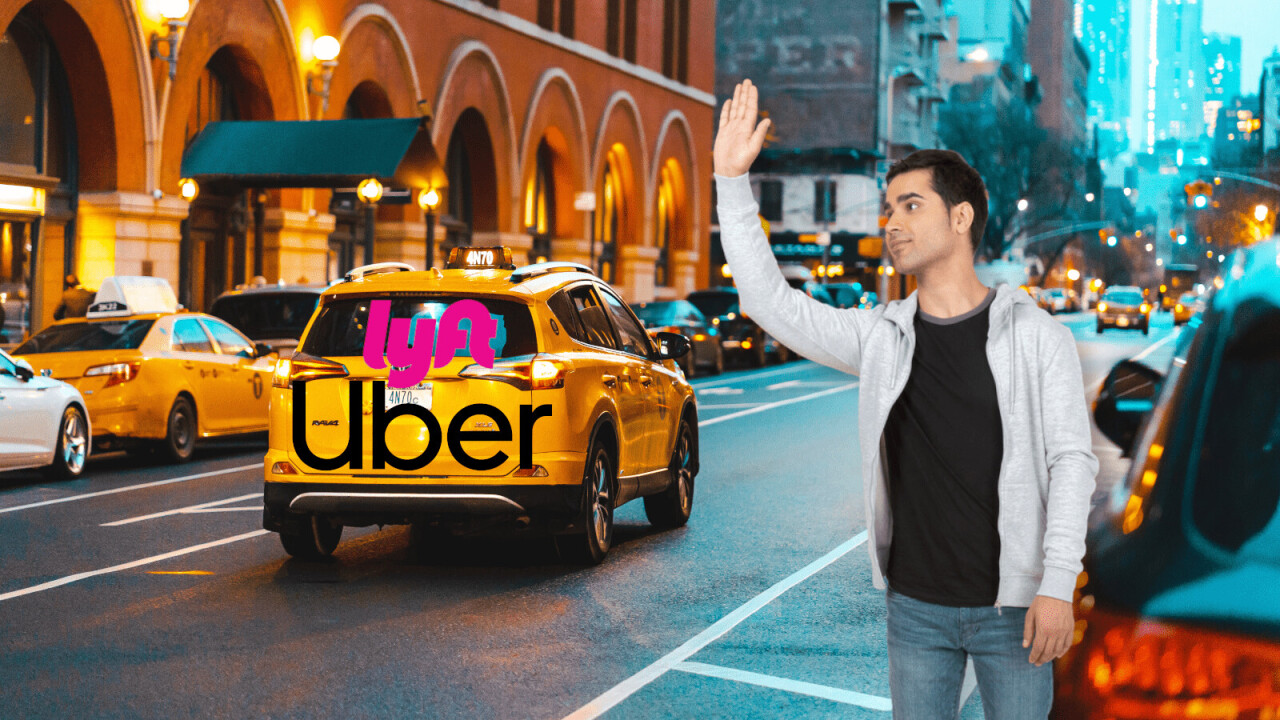
New age taxi firms Uber and Lyft have entered into a fight to the death with Californian regulators over how they classify their drivers.
Just a few days ago, the state ruled that the companies must recognize its drivers as employees and pay them benefits. But Uber and Lyft will do anything to avoid that, including shutting down business in the Golden State altogether.
Following Monday’s ruling, Uber and Lyft showed no signs of yielding and vowed to fight the order that was put on hold for 10 days. Due to go into effect on August 20, TechCrunch reports the companies’ attempt to delay it further were denied yesterday leaving them in a tight spot.
[Read: The Netherlands has the fastest-growing electric vehicle charging network in the world]
Uber and Lyft don’t seem to have many options: comply with the law or shutdown, and it seems the companies would much rather do the latter.
In an interview with MSNBC on Wednesday, Uber’s CEO Dara Khosrowshahi said they would much rather shut the company down for several months than comply with regulations. All the while the company would continue to fight the ruling.
“If the court doesn’t reconsider, then in California, it’s hard to believe we’ll be able to switch our model to full-time employment quickly,” Khosrowshahi said.
It’s not like the company hasn’t had plenty of forewarning, though. The AB5 regulations they’re being held to task over were passed in September 2019, and came into force in January 2020.
According to a report from The Verge, Lyft has also said that it would shut down operations in California if it’s forced to reclassify its drivers with no other options to defer the ruling.
“If our efforts [appealing the ruling] here are not successful it would force us to suspend operations in California,” Lyft president John Zimmer said on an earnings call this week.
Indeed, it seems the companies are left with no other option. But it’s not like they didn’t have time to put contingency measures in place in the eventuality that they weren’t successful at fighting the AB5 laws. Instead, the companies decided to continually fight the legislation, and have together (along with DoorDash, a food delivery firm) put over $100 million into an anti-AB5 campaign.
As it stands, Uber and Lyft are putting an increasing amount of faith in the Californian public into deciding the outcome of this long-running case. In the upcoming November election, eligible voters will get to decide whether they want gig-working drivers to remain as independent contractors or if they should be recognized as employees.
Both firms think the public will side with them, but there’s no knowing how that will play out as the public hasn’t been a factor in this conversation yet. As sad as it might sound, the outcome might boil down to how many voters value employee rights of drivers over cheap and accessible taxi rides.
So you like our media brand SHIFT? You should join our SHIFT event track at TNW2020, where you’ll hear how data, autonomy, and connectivity are fueling the future of mobility.

Get the TNW newsletter
Get the most important tech news in your inbox each week.




